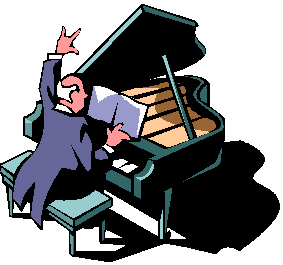Why Is Classical Music Called “Classical Music”?

Have you noticed that any music that uses orchestral instruments is often referred to as classical music? If you have any doubt that this is true, take a look at ITunes, the most popular music download site in the world. Anything that would be performed in a concert hall is lumped in to the “classical” genre. Is this accurate?
To be simple and blunt, no! If we were to be honest, the reason this type of music is called classical is because it’s old. Any piece of music that is hundreds of years old probably does deserve a label, this we’ll agree with, but let’s get some history behind this.
As we crack open the music history books, we see that the world has gone through a series of musical periods that are marked by big changes in how music sounded. We started with the medieval period where music was chanted without the use of instruments. By the time we got to the Baroque Period, where we find composers like Bach, hard and fast musical rules were developed and nobody dared to change these rules. Everyone who takes or has taken piano lessons is probably aware of those rules.
Although the Baroque Period was about hard and fast rules, that didn’t stop Baroque music from getting quite complicated. As we moved in to the “classical” period, there was an effort by those like Mozart to go back to simplicity.
We later moved in to Beethoven and Romantic Period, Debussy and the Impressionist Period, and finally what we consider the 20th century period with composers like Copland.
What does this music history lesson have to do with the question at hand? Because as musicians we have to educate those that say “classical music” and let them know that classical music is actually music that was written between 1750 and 1825 and each of these periods of music are quite different. It would be essentially the same as calling rap music and country music “radio music”.
If they hear music from Mozart, Haydn, or even the earliest music from Beethoven, they can say that the music they’re listening to is, indeed, “Classical music.” Everything else, needs a different term and it may be our job to find that term.
How about “orchestral music” This takes in to account the fact that listening to this type of music in a concert hall normally includes traditional musical instruments that don’t involves wires, amps, and complicated lighting but what about the music that includes only a solo voice?
How about “art music”? The problem with this name is that it wouldn’t be good for business. Those who listen to this type of music don’t generally want to be known as “artsy” because artsy is sometimes known as “weird”. The music industry doesn’t want that and those who are avid listeners (some with deep wallets for the arts) don’t want the label either.
Seems like we have a problem and this problem is why “classical music” has remained as the term of choice. It’s not factually accurate but it’s safe and it’s well known.
For courses in playing classical music on the piano please go to Classical Music For Beginners And Near-Beginners


